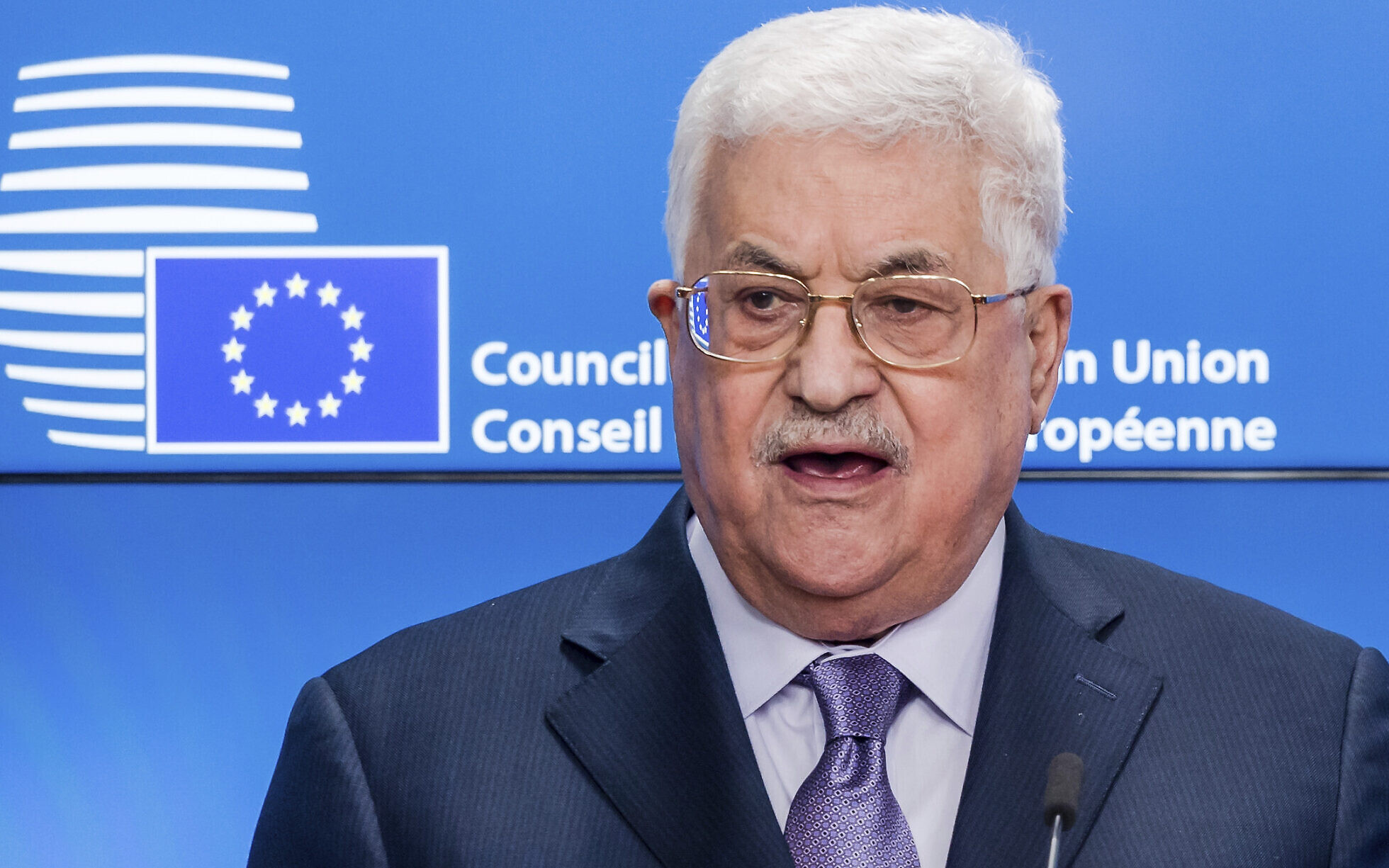Ananda
The Bunker Group
The urgency that I meant in my post is not only on making peace with Palestinian Authority, but more on solution to Palestinian people.think your analysis of the urgency of peace with the Palestinians is wrong.
The UAE or Saudi Arabia need to shown to their population that their move to Israel will also give solution to Palestinians. That's means to Palestinians as whole not just PA. If no progress on that, then there's risk the wind can change back. The Gulf Kingdoms maybe Authoritarian Monarchist, but they also need to keep their population stable and not giving them issue that potential can be used against them by opposition.
Israel it self need to give solution to Palestinians soon, as there're more and more push in US Politics segments for Palestinian solutions. Israel can ignore EU if they have to. However the kind of "unconditional" support that they enjoyed for US is the essentials for their survivability. They can not afford growing discontent view whatever small in US Politics toward them.
It's small,but no one can even think before that a US Congresswoman (eventough coming from Far Left Liberals that always bit critical to Israel), calling Israel risk to be considered as 'Apartheid' nation, if they continue building settlement in Palestinian land.

AOC baffles Jewish community by refusing to meet with leaders
The heads of both the Jewish Community Relations Council and the New York Board of Rabbis said they’ve sought sit downs with the first-term “democratic socialist” congresswoman &#…
She's coming from the fringe of US Politics, but she's represent not only minorities but also some portion of US Millennials. That article coming from US media that's consistently Right Wing (Trump Country) and pro Israel. The Jewish lobby perhaps still playing it down, however it's clear this development rattling them.
Jewish lobby always play the cards of anti semitism for those who critical and not supporting Israel. However this movement that represents by this Congresswoman seems directed on 'you can be pro semites but critical to Israel'. Moreover this movement also gaining support from left wing American Jews millennials. Some of them already see that being Pro Semites means has to support both Jews and Palestinian in Israel since both basically Semites.
Back to my previous post, for me Israel administration it self now pushing themselves in my opinion toward one state solution. Again just I put in my post, giving land concession to Palestinian state with enough access for their own International Border and continuous land area, will provide security risk to Israel.
However taking all Palestinian as Israel citizens will give Palestinians 40%+ of demographic as currently 20% (remember those Arab Israeli basically Palestinian). This's also for Right Wing Israel politics (as current Administration) is the risk losing out, since those current Arab Israeli already voting themselves with Israel Left like Labour Party.
Then again, in my opinion for Israel own security, incorporate Palestinian in to Israel is much better as I have put above.
Yes, PA is corrupt establishment, in fact some Palestinian already giving up on them. They're now sticking to PA (even some media talk with Hamas in Gaza), because Israel doesn't give them any other alternative.
Read sometimes ago from Israel media that talk about Israel policies on taking more Jewish Immigrant is to provide balance of demographic toward Jewish, when they eventually has to take Palestinians in West Bank and Gaza as citizens.
From that I suspect even the Right Wing in Israel already see in the end they have to absorb Palestinian in West Bank and Gaza. However they're very adamant that no right of return to Palestinians that already left.
Question now how to make that kind of deals with PA and Hamas. Perhaps PA will agree on Autonomous status with their own Parliament, and representation in Israel Kneset. It might be happen if the Gulf Kingdoms saying to them enough is enough, make a deal with Israel on autonomy and not separate Nation.
I'm not quite sure with Hamas in Gaza. Perhaps they will stay on their course as long as there's Iran and Syria that supports them.
Democrats seems will win White House even Senate's, and Far Left Wing Liberals will potentially provide considerable part of next Democrats administration. That's and also to keep concelation winds in their Arab's neighbors, is the reason Israel need to provide Palestinian solutions soon.
Last edited:


